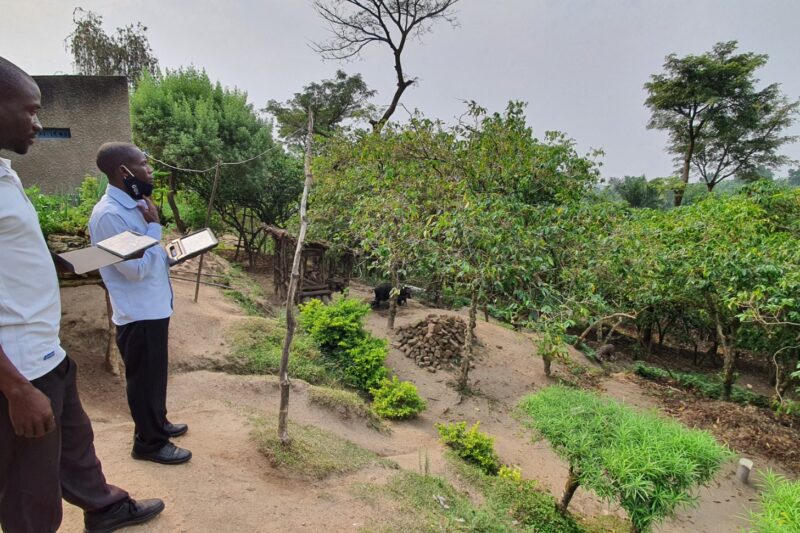French cocoa group, Touton, reveals core progress with sustainability targets

Touton has created a number of monitoring systems for its cocoa plantations. PIc: Touton.
The French headquartered cocoa and commodity ingredients group has unveiled its latest annual sustainability report focused on delivering on its environmental and responsible sourcing targets, reports, Neill Barston.
As the business note, its latest internal report comes amid a period of major transformation for the company and wider business conditions, with global market conditions for tropical commodities experiencing unprecedented headwinds
Notably, as the company asserted, vanilla demand collapsed, coffee faced its third consecutive year of deficit, and cocoa prices soared to unprecedented levels, with the three commodities accounting for over 95% of Touton’s global trading volumes. This challenged all aspects of the group’s operations: from financing to sourcing, quality to logistics.
According to the company, its unique synergies between trading and market intelligence teams allowed for proper anticipation and management of risk exposure, and its proven agility in sourcing and operations ensured timely deliveries of products to agri-food industrial players worldwide.
Patrick de Boussac, CEO of the Touton group, acknowledged the significant challenges of the past year had impacted upon its international activities, yet he believed that the company had proved notably resilient.
He said: “This year will go down in history for the tropical agricultural commodities we trade. More than ever, our core trading activities were put to the test. Thanks to our experience, our knowledge of the field, and our ability to adapt, we were able to keep our promise: to fulfill our contracts and deliver to all our customers. Despite the challenging context, we did not slow down the necessary systems’ transformations to meet the regulatory and contractual requirements of our sectors, starting with formalising our new CSR and climate strategies.”
Social responsibility policy
As previously reported by Confectionery Production, the past year has seen the introduction of its PACT sustainability charter. This is based on its vision of what trade looks like in the future. Founded on 175 years of experience and aligned with the United Nations Sustainable Development Goals, the Positive Agri Culture sets clear objectives, including fostering positive growth, building a resilient agri-industry, and cultivating a culture of trust. As the company noted, this serves as a unifying force, embodying the Touton group’s values and actionable strategies for engaging with stakeholders and ecosystems. This new framework underpins the group’s sustainability report and anticipates key aspects of the new Corporate Sustainability Reporting Directive.
According to the business, its new PACT system features over 120 built-in verification points, the standard aligns with multiple certification criteria and complies with European and international regulatory requirements. Its programmes are tailored to the specific needs of each supply chain, addressing both the sustainable development goals of partner producers and communities and the responsible sourcing ambitions of agri-industrial companies. Programmes are audited annually by an independent third party and are recognised by the Global Coffee Platform (GCP) as equivalent to the Coffee Sustainability Reference Code 2nd party assurance.
Significantly, the company has also officially committed to set near-term (by 2035) company-wide greenhouse gas (GHG) emission reductions to limit global temperature rise to 1.5 °C with the Science-Based Targets initiative (SBTi).
With 93% of the group’s GHG emissions stemming from agricultural production, the firm aims to lead by example by enhancing the environmental performance of its direct operations. Additionally, the group will support supply chain actors in their climate transition by promoting low-carbon transportation, implementing a zero-deforestation policy, and enhancing the capacity of natural carbon sinks through agroforestry.



